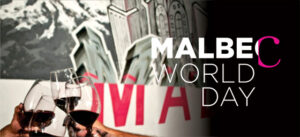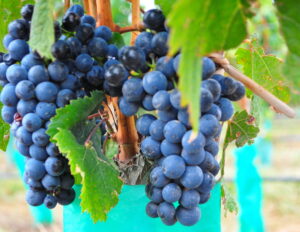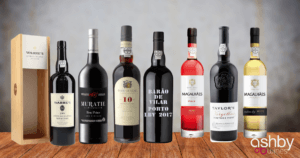The price of wine varies from £6 a bottle at the local store, to an eye-watering $304,375 (around £215k today), which was paid for a bottle of 1947 French Cheval-Blanc in 2010. Why do we pay so much per bottle, and does the bigger price tag really mean a better wine?
The debate continues on whether anyone but a wine connoisseur would really be able to tell the difference between a £20 and £200 bottle of wine. According to a study by Goldstein et al in the Journal of Wine Economics (who knew!), we are lured by the residual sugar of cheaper wines. These are used to improve the flavour, which is one of the reasons why we may prefer the cheaper wines over the more expensive ones if we don’t have the refined pallet of an oenophile. The more expensive wines don’t need the residual sugar because they have the better-quality grapes which produce the fuller flavour. Of course, the more expensive wines are also more expensive to make. Costs include everything from the running of the vineyard, to the hand-picked grapes, oak barrels, and the longer period of storage in the cellar. Many of these wines are produced in smaller numbers, where the decision has been made to use only the best grapes (which are sorted by hand), and discard those not up to standard.
But while we may not all be able to swing to a £200 bottle, there is agreement that there is a difference in quality between a £6 and £20 wine. This is largely down to what you are paying for, basically the proportion of your hard-earned cash that is spent on the wine itself. Getting into the numbers we have broken down the costs to work out where the money goes.
(Costs based on 2020 estimated prices)
Does the price really translate into a real differences in taste? Why not give it a try, here are some wines we think are great value for the money:
- LOS HAROLDOS ESTATE MALBEC
- FINCA EL ORIGEN, ESTATE RANGE
- FLIC RED
- LONG TAIL PREMIUM CABERNET SAUVIGNON
- LONG TAIL PREMIUM SAUVIGNON BLANC
- THE LIBERATOR: FRANCOPHILE 2020 CHENIN BLANC
These are just a few, we can recommend!
References:
Robin Goldstein et al. 2012. Do More Expensive Wines Taste Better? Evidence from a Large Sample of Blind Tastings. Journal of Wine Economics. Cambridge University Press.
David Williams 2016. Are expensive wines worth the money? The Guardian










